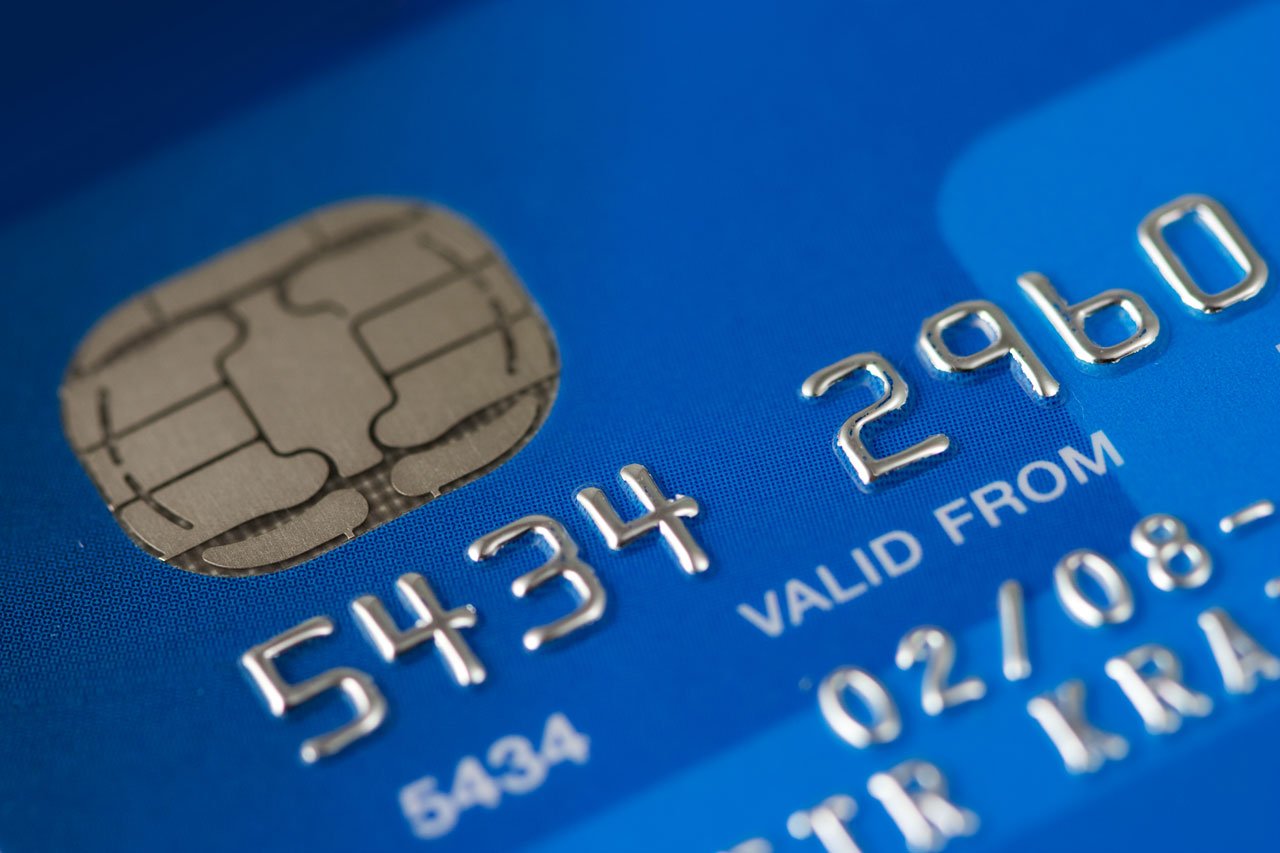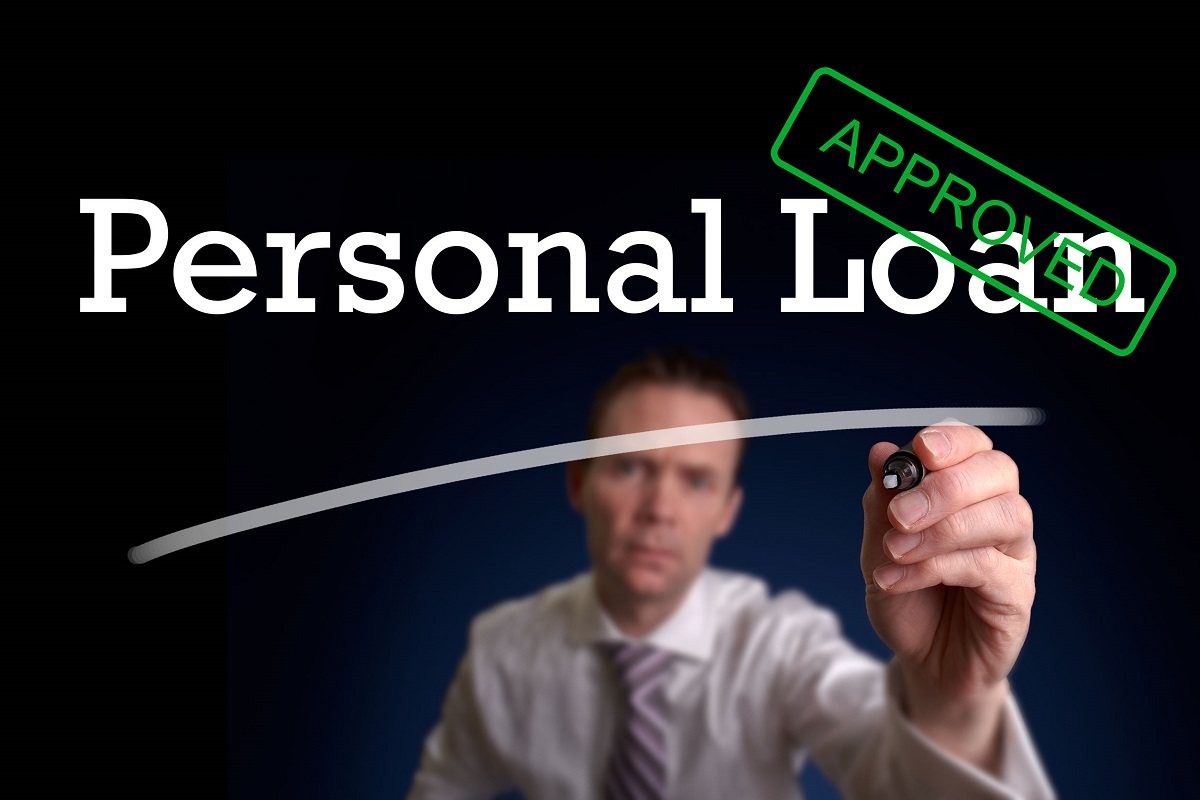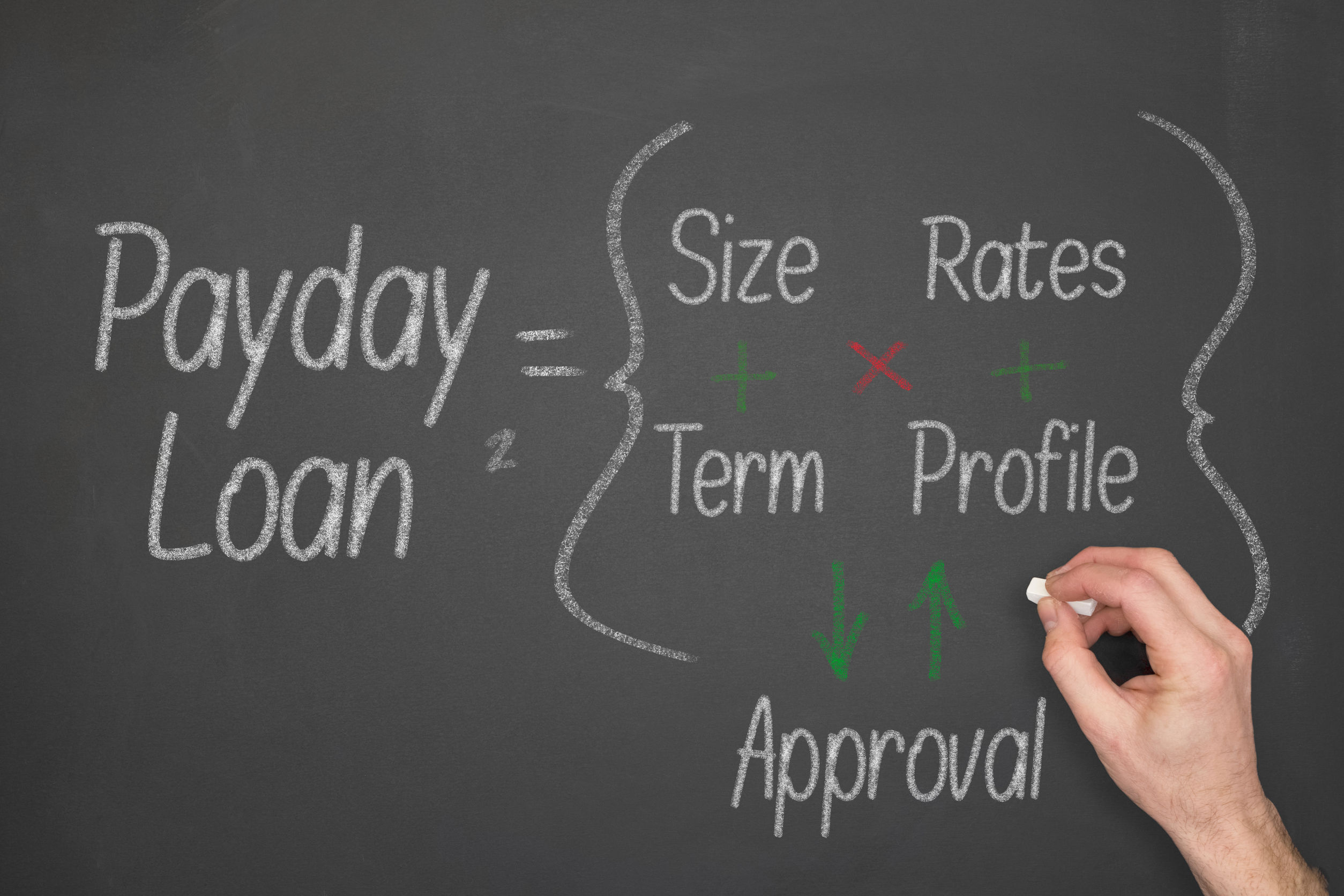The Great Credit Deal Comparison

Let’s face it – credit has a bad reputation. When most of us think of short-term loans and credit cards, we think of high interest rates, huge monthly repayments and being stuck in an endless cycle of debt. But the truth is, having a credit facility can actually be really useful in managing your finances – as long as you know which product best suits your circumstances, and how to manage any resulting debt properly.
In this article, we’ll compare three of the most popular credit products on the market: credit cards, Personal Loans and payday loans. We’ll look at what you need to know about each, and what experts think about them. Armed with this knowledge, you should be able to make more informed decisions, as well as make your relationship with credit a healthy one.
Credit cards

As its name suggests, a credit card is a facility that allows you to buy things on credit, without having the physical cash available. You borrow this money from a financial institution such as your bank, and are charged interest on it for as long as you still owe the money.
The problem is that compared to other forms of debt such as an overdraft or a home loan, the interest rates on credit cards are usually fairly high so it costs more to borrow money. For this reason, Christopher Moonsamy from Credit Health states that it’s important to first distinguish whether having a credit card is a need or a want. “You should only apply for a credit facility when you know that you can afford the repayments you’ll owe each month,” he says. In essence, Christopher believes that credit cards should be used to buy things that are essential, rather than using it to fund an extravagant lifestyle.
When you apply for a credit card, the credit provider – such as a bank or department store – will check your credit profile to decide whether or not to grant your request, as well as the amount of credit that you qualify for. It is best to check your credit report before applying for credit. The National Credit Act (NCA) allows South African consumers to get a free credit report once a year. Keep in mind that not all credit reports look the same, but all of them include a credit summary that details your credit accounts (how you pay or maintain them), as well as any judgements, defaults or notices. All of this information contributes to determining your overall credit score.
“A ‘good’ credit score depends on the model that is used by the credit provider, but not every credit provider calculates this in the same way,” says Jeannine Naude Viljoen from the Credit Bureau Association. “One thing you can do is know which accounts are negatively affecting your credit score so that you can improve the payment of these accounts.”
When it comes to paying back the money you’ve spent on your credit card, you should aim to pay off the balance in full each month. In this way, you get access to excess funds without being charged any interest on what you’ve borrowed.
Talking to an actual consumer, Henno Kruger of event site Running Wolf's Rant, says that he decided to get a credit card as he earned enough at the time to make the monthly payments. "The fact that I've also had a good credit record counted hugely in my favour," says Henno. "The repayment amount and instalments are reasonable, but I would recommend a credit card only to people who are not prone to overspending. If you manage your credit card repayments and instalments, and control your spending, it's actually very useful - especially if you want to buy stuff online.”
Always pay off the maximum amount you can on your card each month, as only paying the minimum will cost you more in the long run. Avoid missing a minimum repayment, which could incur a penalty charge as well as affect your credit score.
Personal Loans

Personal Loan is where you borrow a set sum of money either from a financial institution or a private lender, and then pay that amount back plus interest over a predetermined amount of time. This is the major difference between a Personal Loan and a credit card: a credit card is known as a “revolving loan” as you don’t need to pay back the money in a set amount of time (as long as you’re making your minimum monthly payments). Personal Loans usually have a fixed repayment term of between one and five years, and typically have a set interest rate throughout that term. Personal Loans are also known as unsecured loans, as you’re not putting up your property or other assets as security against the amount of money you’re borrowing.
Personal Loans can be useful when you need an unexpected sum of money quickly – such as paying for unforeseen medical expenses, home improvements, or covering some educational expenses. Christopher Moonsamy from Credit Health says that a Personal Loan is best used for these once-off or unexpected expenses. “One should never take out a Personal Loan to pay another loan because, in our experience, we’ve found that many people then get more deeply entrenched in the credit rut,” he says.
So what are the best practices with Personal Loans? Firstly, make sure that your current income level can finance the fixed repayments each month. It’s also ideal to have a good credit score, as this will usually mean lower interest rates on your repayments. Above all, make sure that the institution you get your loan from is accredited and abides by the National Credit Act as a registered credit provider.
Payday loans

As opposed to a Personal Loan, a payday loan is a lump sum loan that has to be repaid in full the month after it is given. Magauta Mphahlele, CEO of the National Debt Mediation Association, explains it as follows: “With a payday loan, if you borrow R2 000 this month, you then have to repay the R2 000 the next month with interest. With normal Personal Loans, the repayment period can be longer, from 6 – 60 months, and the interest is a maximum of 33.2% per annum.”
Magauta says that, in terms of the National Credit Act, a payday loan is categorised as a “short-term loan”, which can be a maximum of R8 000 paid back over a period of not more than six months. According to Where To Bank, the maximum interest allowed to be charged on payday loans is 60% per year, which works out to 5% per month or around 0.17% per day.
In addition to interest, credit providers of payday loans are allowed to charge an initiation fee and a monthly administration fee of up to R54.
The main benefit of a payday loan is quick access to money that you may need in the short term, with lower interest rates than a Personal Loan. However, if they’re not handled properly, payday loans can keep a consumer in a never-ending debt spiral because they end up using them as an overdraft where the loans revolve monthly. “Instead of paying off the loan, the consumer pays and then borrows the same amount every month, attracting additional interest and fees and also reducing their affordability to pay other debts that they have,” says Magauta.
If you do have to take out a payday loan, try your best to make it a once-off occurrence and pay it off as soon as you can. Magauta says that this is possible if you adjust or reduce your discretionary expenses for the following month to accommodate the lump sum payment – including things like airtime, entertainment, alcohol, cigarettes and some food items.
If these measures don’t help you pay off your loan within the month, your next option is to approach your other creditors to reduce the instalments on any other debts you may have for a few months until your financial situation improves. Another option is to get help from a debt counsellor who can help you restructure your debt. Above all, Magauta advises that having excess savings is a far better idea than taking out a loan. “The most important thing is to have an emergency fund so that one does not have to rely on credit to deal with emergencies,” she says.
Conclusion
These three credit types cater for the diverse needs of individuals who require a quick financial boost. Before you apply, be sure to explore all terms and conditions pertaining to the specific credit type such as repayment period and interest rates in order to find the one that best suits your financial circumstances.
DISCLAIMER
The views expressed in this article are for informational purposes only, and should not be seen as financial advice.
Hippo Blog Categories

































